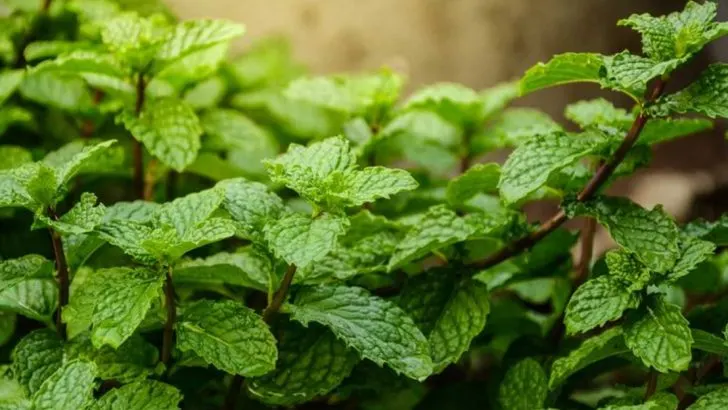Your garden might just be the best habit-breaker you ever meet. Stressed? Scrolling endlessly? You don’t need another app—you need living therapy. Certain plants aren’t just pretty faces; they’re tiny coaches, nudging you toward better routines and calmer mornings. Imagine a mint that cools your mind the moment you crush its leaves… A goldenrod whose bright plumes pull you away from screen-time spiral… A lavender that whispers “pause” when your thoughts speed out of control… These 13 green allies tap into your senses, your rhythm, and your willpower. They turn garden time into a ritual of mindfulness and subtle habit rewiring. No crash diets, no endless to-do lists—just you, your hands in soil, and companion plants that steer you clear of old traps. Ready to plant the seeds of new behaviors? Scroll down to meet the botanical therapists that make breaking bad habits feel like a breath of fresh air.
Lavender

Lavender, with its soothing aroma and vibrant purple blooms, is a natural ally in combating stress-related habits. Its calming scent promotes relaxation and can be a gentle reminder to pause and breathe. Engaging with lavender, whether through tending to it in a garden or enjoying its fragrance in essential oils, can interrupt cycles of anxiety-driven behaviors. These interruptions create space for mindful choices, fostering healthier habits. Did you know? Lavender has been cherished since ancient times for its calming properties, often used in baths to purify the body and spirit.
Aloe Vera
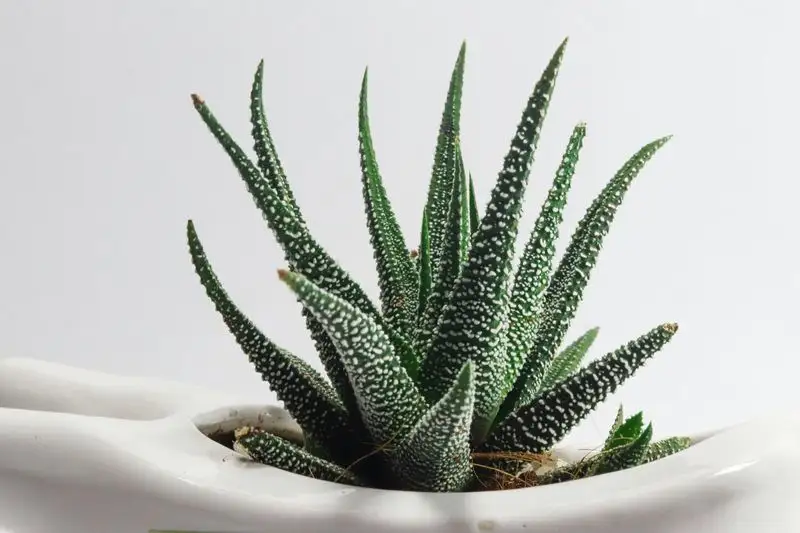
Aloe Vera is more than a sunburn remedy; it’s a symbol of resilience and renewal. Its ability to heal skin reflects its power to encourage personal healing from within. Caring for aloe vera encourages patience and attentiveness, skills essential for breaking habits tied to impulsivity or neglect. The plant’s soothing gel offers a tactile experience that can ground your senses, bringing focus to the present moment. Historically, Aloe Vera was revered in ancient Egypt as the “plant of immortality,” and its enduring symbolism offers inspiration for personal transformation.
Rosemary
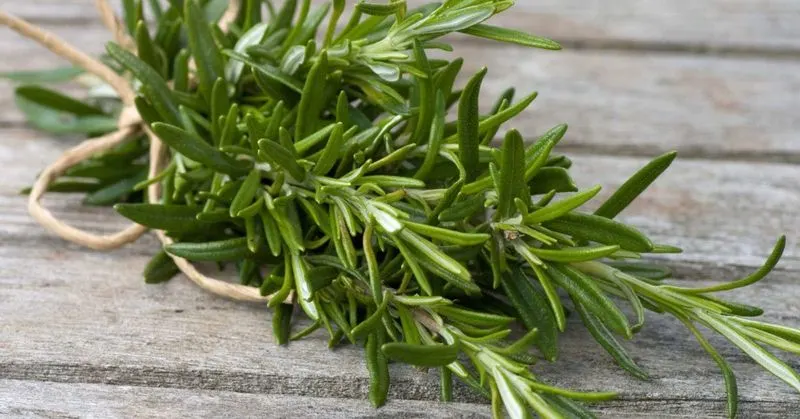
Rosemary’s invigorating scent awakens the senses, offering clarity and focus. This aromatic herb supports cognitive function, making it a fitting companion for breaking habits linked to mental fog or lethargy. Using rosemary in culinary creations or as a fragrant plant in your living space can stimulate mental alertness, encouraging active participation in daily life. In folklore, rosemary is a symbol of remembrance, often used in weddings and funerals to honor those past. Its rich history adds a layer of depth to its positive influence.
Mint
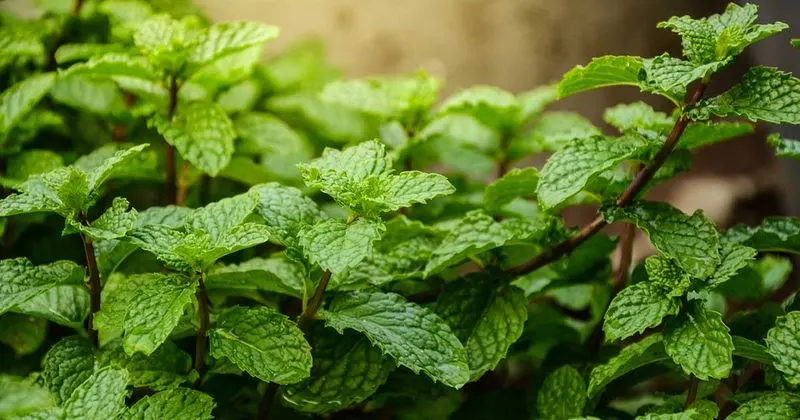
Mint’s refreshing aroma and taste act as a wake-up call for the senses. Its crispness can break through monotony, invigorating mind and body. As a focal point in your garden, mint can inspire a fresh perspective, helping to overcome habits rooted in routine or dullness. Whether sipped in tea or used as a garnish, mint’s versatility adds a refreshing twist to your day. Historically, mint was used by the Greeks and Romans for its exhilarating properties, making it a time-tested tool for rejuvenation.
Chamomile
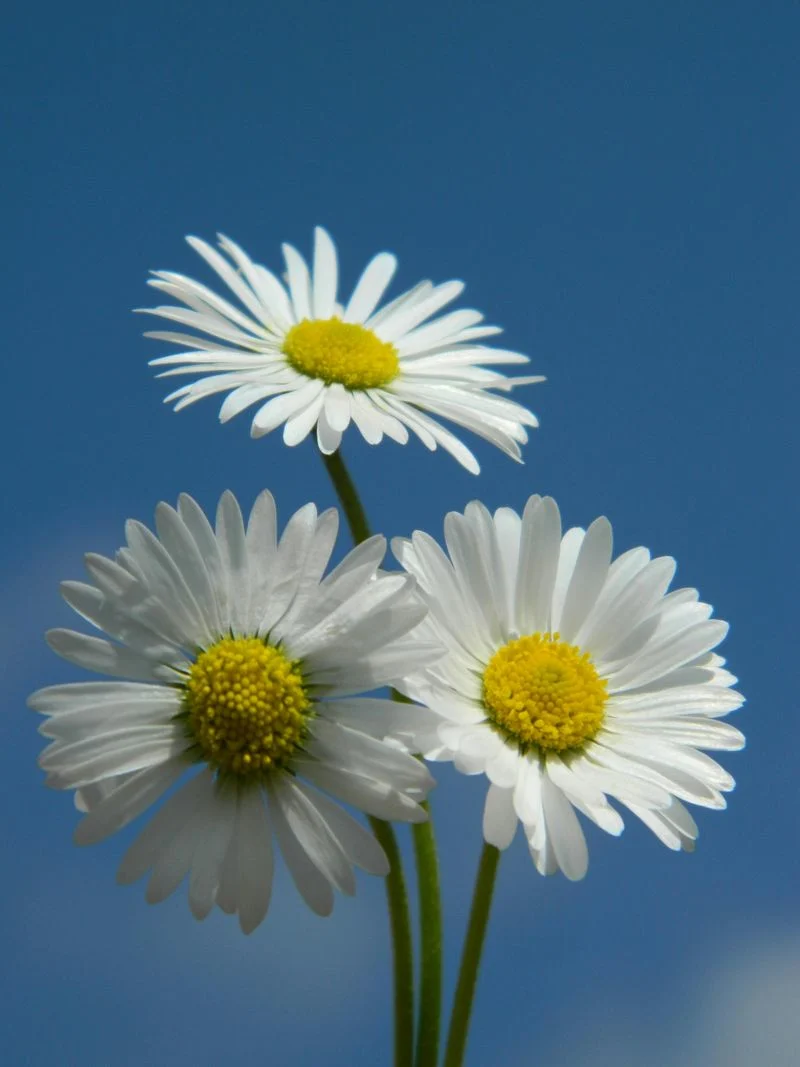
Chamomile’s gentle, apple-like fragrance promotes tranquility and can ease the mind from stress-related habits. Its soothing properties are ideal for winding down, creating an environment that supports reflection and thoughtful decision-making. Cultivating chamomile can be a meditative practice, offering moments of peace and clarity. Traditionally, chamomile has been used as a sleep aid, enhancing its reputation for calming the mind and body. Nestled in a garden, it serves as a visual cue to slow down and inhale serenity.
Basil
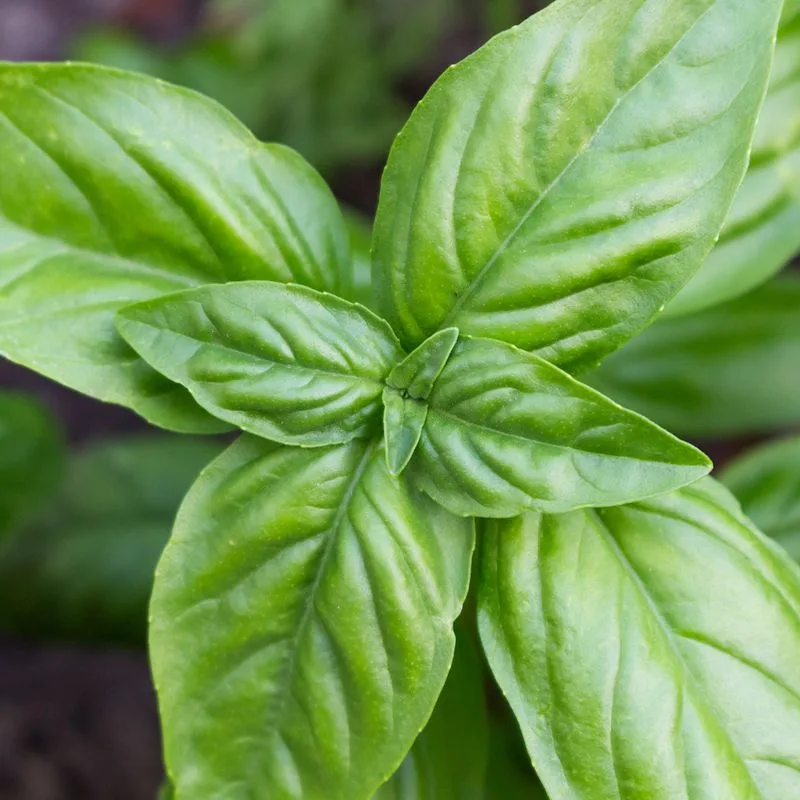
Basil, with its peppery fragrance, is a source of energy and vitality. This kitchen staple can invigorate your senses, combating sluggishness or lack of motivation. Incorporating basil into your garden or meals can stimulate creativity and enthusiasm, essential for breaking free from restrictive habits. Its bright leaves not only add flavor but also a spark of joy to everyday life. Did you know? In some cultures, basil is considered a symbol of love and protection, adding a layer of emotional support to its benefits.
Jasmine
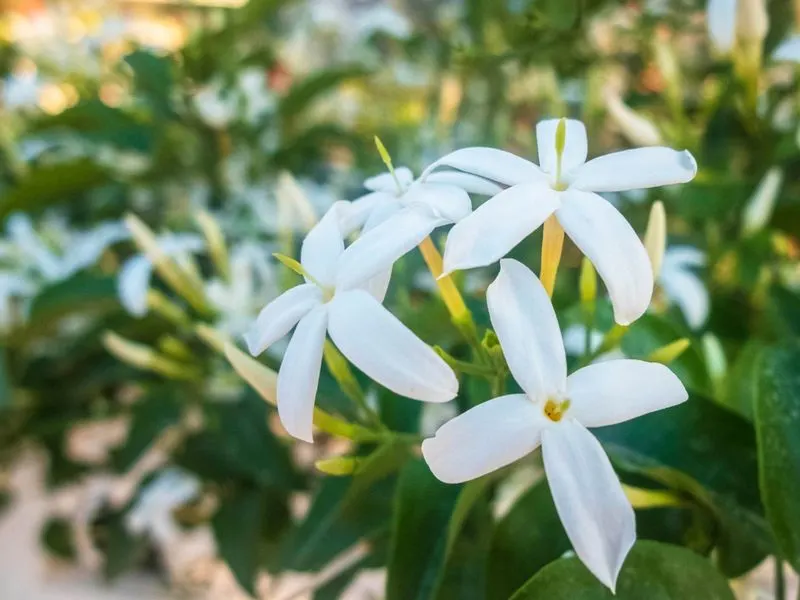
Jasmine’s intensely sweet fragrance is an invitation to connect with one’s emotions. This captivating scent can facilitate emotional release, aiding in the breakdown of habits linked to emotional suppression. Growing jasmine in your garden invites serenity and contemplation, providing a sanctuary for emotional healing. The allure of jasmine has enchanted cultures for centuries, often symbolizing love and beauty. Its presence is a reminder to embrace your emotions as part of the healing process.
Sage
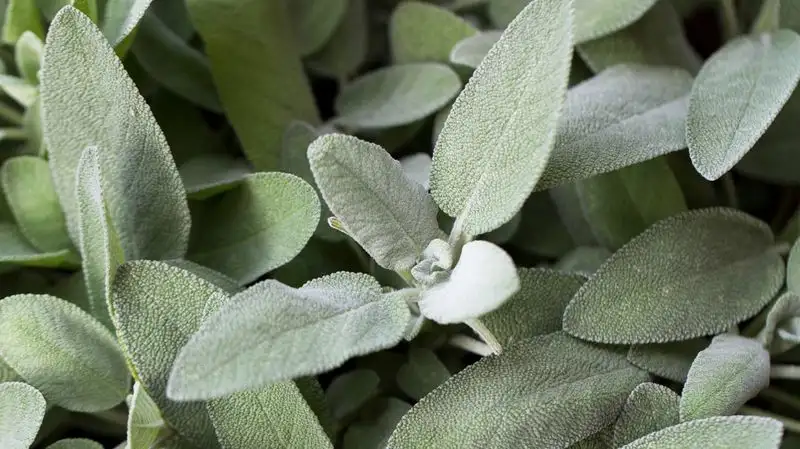
Sage is renowned for its cleansing properties, both physically and spiritually. It encourages the release of negative energy, supporting the process of letting go of habits that no longer serve you. Integrating sage into your garden can be a ritual of renewal, fostering a fresh start. This plant’s rich, earthy aroma is grounding, offering a sense of stability and clarity. In various cultures, sage is used in ceremonies to cleanse spaces and minds, underscoring its role in transformative practices.
Eucalyptus
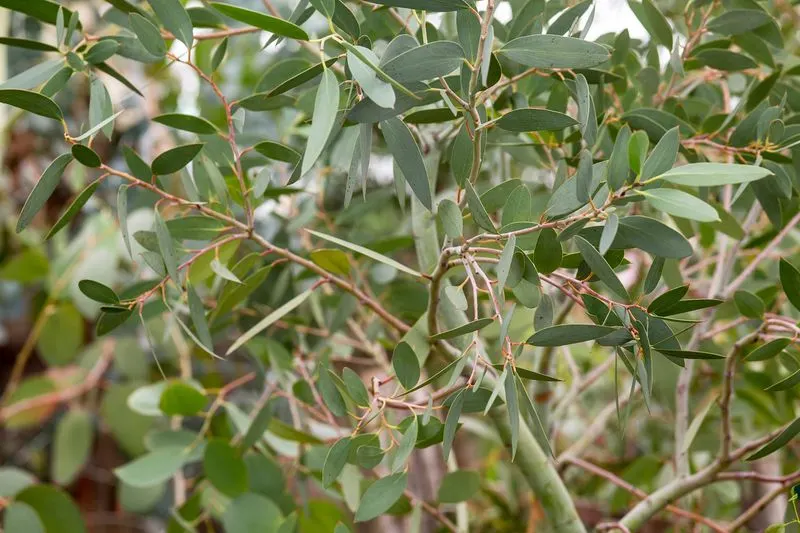
Eucalyptus, with its refreshing and invigorating aroma, promotes respiratory health and mental clarity. Its presence can energize and purify, making it an ideal plant for breaking habits of lethargy or stagnation. Inhaling eucalyptus scent can clear mental and physical blockages, fostering a sense of renewal. Historically, eucalyptus has been used for medicinal purposes by indigenous Australians, symbolizing healing and protection. Its towering presence in nature can be a reminder of strength and resilience.
Thyme
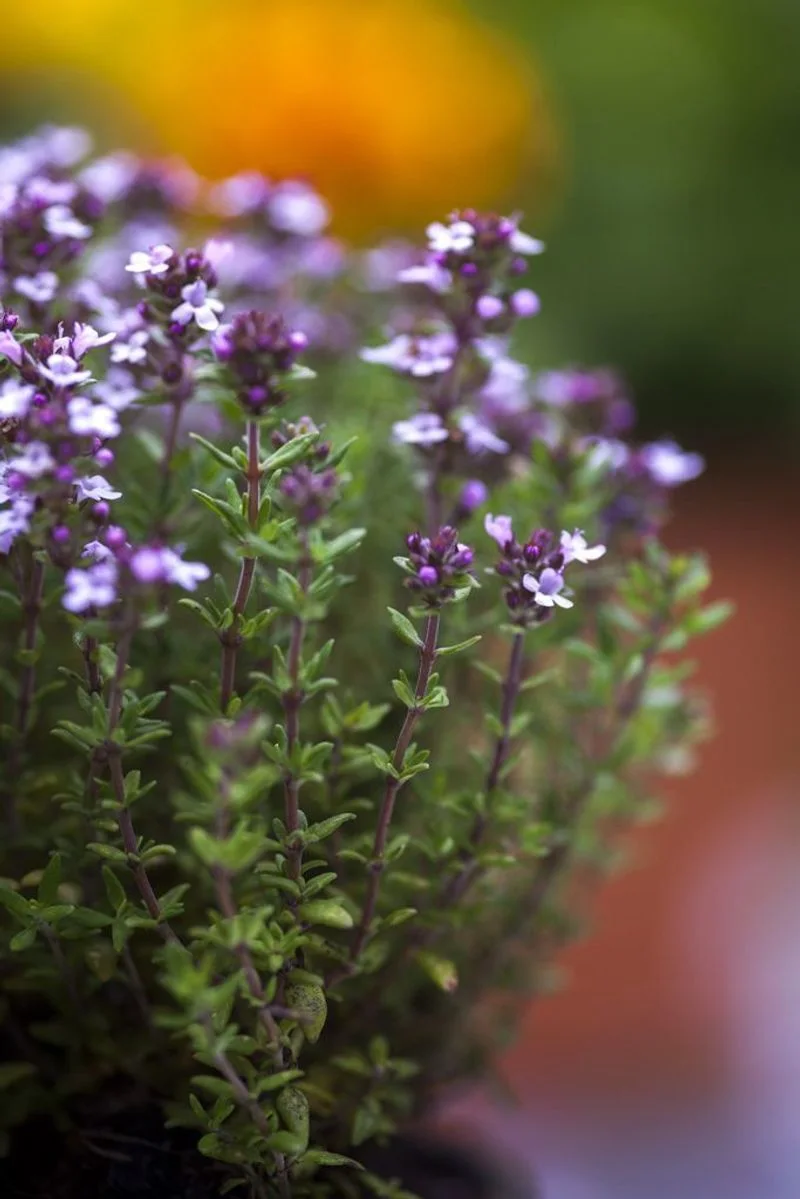
Thyme’s earthy aroma and robust characteristics symbolize courage and strength. This herb encourages perseverance, essential for overcoming challenges associated with habit-breaking. Cultivating thyme can be a reminder of resilience and self-belief. Its presence in a garden encourages stepping out of comfort zones, fostering growth and change. Thyme has historically been associated with bravery, often given to knights before battle in the Middle Ages. Its legacy of courage continues to inspire personal fortitude today.
Lemongrass
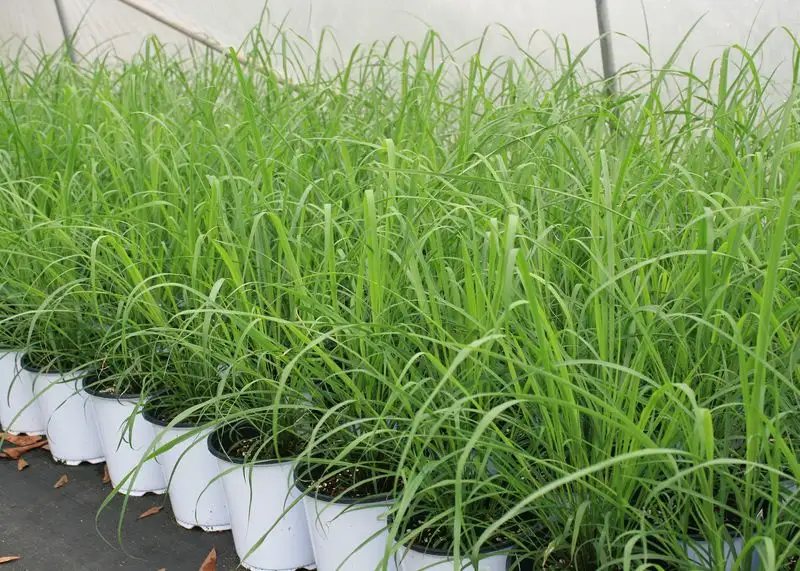
Lemongrass, with its citrusy aroma, invigorates the senses and uplifts the spirit. It’s an energizing plant that can disrupt patterns of negativity or low energy. Tending to lemongrass invites vitality and zest into your life, encouraging a break from complacency. Used in teas and culinary dishes, it refreshes and revitalizes, offering a sensory boost. Did you know? Lemongrass has been used in traditional medicine for its cleansing properties, enhancing its role in personal rejuvenation.
Marigold
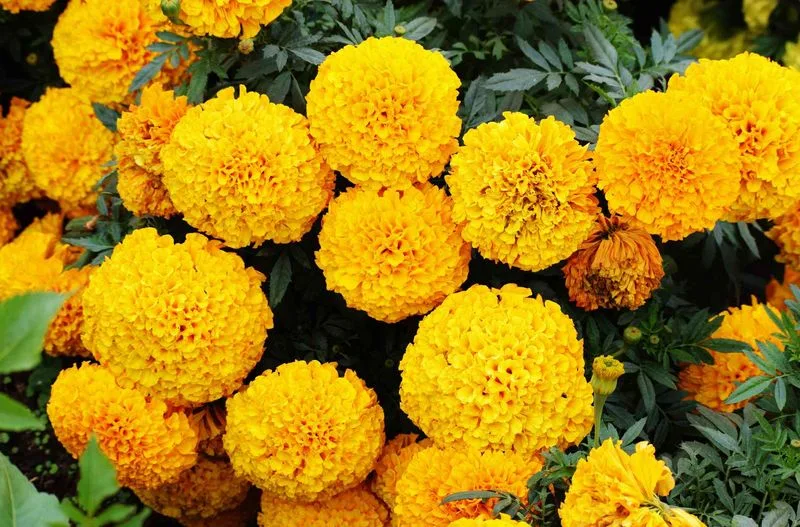
Marigolds, with their cheerful colors and strong scent, are symbols of optimism and new beginnings. They encourage breaking free from negative cycles, fostering a sense of hope and renewal. Planting marigolds can brighten your garden and mood, symbolizing the joy of starting anew. Their presence wards off pests, adding a layer of protection to your garden’s ecosystem. In many cultures, marigolds are associated with the sun and are used in festivals to celebrate life, reinforcing their role in positive transformation.
Peace Lily
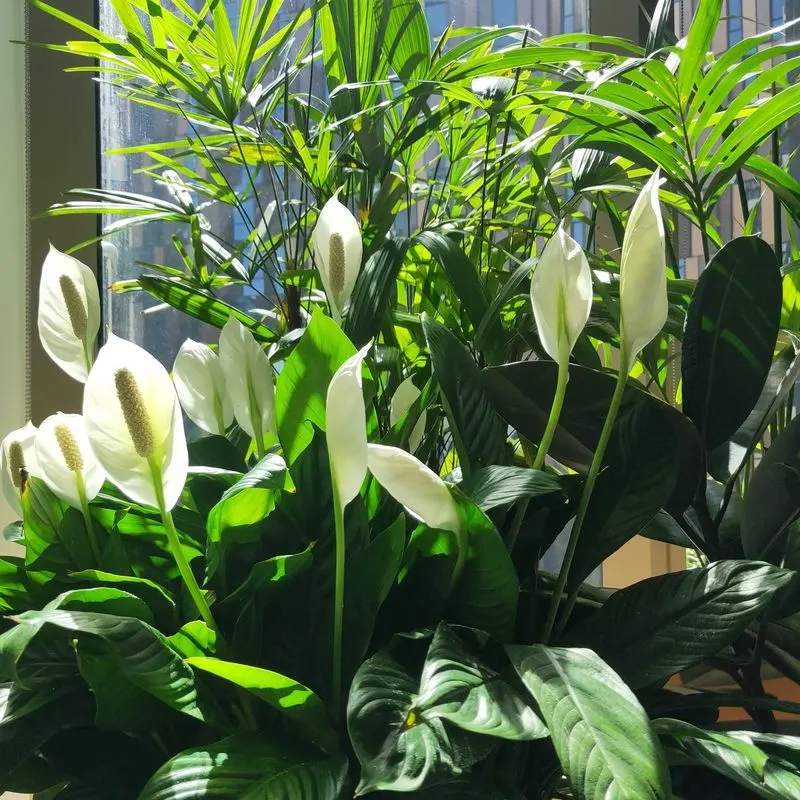
With its elegant white blooms, the Peace Lily brings serenity and calm to any space, mirroring its ability to soothe anxiety and stress-related habits. It’s the perfect plant for those seeking to reduce screen time or improve sleep quality.
Caring for a Peace Lily involves watering and occasional misting, a ritual that can instill mindfulness and relaxation. This plant teaches patience, rewarding gentle care with beautiful flowers that brighten your day.
The Peace Lily is more than just a pretty face; it’s known for removing toxins from the air, promoting a cleaner and healthier living environment.

